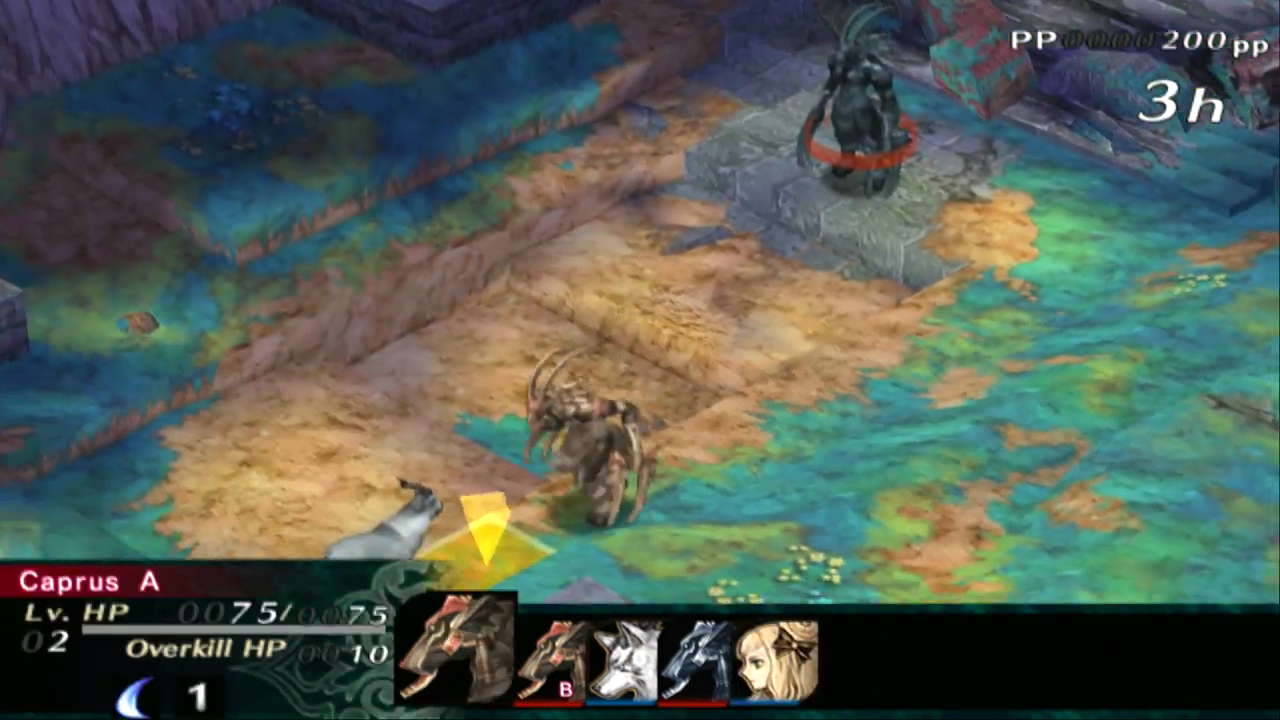

On the other hand, the cohabitation of French fishermen with their British counterparts poses less of a problem: "In general, it goes well. "When they have caught everything in the English Channel, they will go fishing elsewhere."

"The Dutch feel more at home than we do in Boulogne", adds Christopher, one of the sailors. In Boulogne, we are worried about the already growing appetite of Dutch fishermen, the "gravediggers" of the resource, according to Pierre Leprêtre, who pleads against the obsession "of numbers, numbers and numbers" of his Batavian counterparts. He wishes to avoid "overexploitation of resources". ", estimates his uncle, Olivier Leprêtre, director of the regional fishermen's committee of Hauts-de-France. In the event of no agreement on Brexit, "I think it would be wise for everyone to resume their waters while future relations are negotiated, that is to say French waters to the French, Belgian waters to the Belgians, etc. "If access to English waters is closed, everyone (among EU fishermen, Editor's note) will end up on the French side and there, there will be a big problem of cohabitation and resources", considers Pierre Leprêtre. These scientific findings echo the concerns of fishermen. On the other hand, "other species such as sole, more present in the South, and haddock and saithe, more present in the North, present fewer imbalances", explains Clara Ulrich.

This accentuation is particularly noticeable for cod and plaice, which are most present in the North Sea. "There is, for certain species, with global warming and overexploitation, an accentuation of the phenomenon", she indicates. It also allows them to lay upstream of the current, so that the eggs are transported to favorable areas in the south of the North Sea ", continues the engineer.Īccording to him, the trend does not seem about to be reversed.
#Eternal poison how to capture full#
"When the fish become adults, they leave for the waters a little deeper, a little colder and a little more full of fish and oxygen in the North. The explanations of this artisan-fisherman are notably corroborated by the scientific community, which specifies that this phenomenon is common in the North Sea: "The south of the sea is quite shallow, quite sandy, and therefore many fish have the following cycle: the adults lay their eggs in central or northern waters, the eggs are transported more towards the south of the North Sea and settle rather along the French coasts and as far as Denmark ", explains to AFP Clara Ulrich, engineer halieute and deputy director of the scientific department of the French Research Institute for the Exploitation of the Sea (Ifremer). > To see, our Reporters: "Brexit, an ocean of uncertainties for fishermen" As it grows, it will take to the open sea, that's why we are going to fish on the English side, we want to catch adult fish", explains Pierre Leprêtre. "For fish, on the French side, the entire coast is a nurturing area. "If we can no longer go to the English, we can go out of business," he adds, fatalistic. If there is a 'no deal', I can no longer go," said Pierre Leprêtre, an anxious artisan-fisherman, to AFP.īritish waters constitute "70% to 80%" of its turnover. "Last week, I was always on the English side. In the first French fishing port, Brexit is in everyone's mind. In Boulogne-sur-Mer, in the north of France, fishermen are particularly worried. The fishing sector only represents 0.1% of British GDP, but the government is using it as a lever for negotiation and as a symbol of the effects that Brexit could produce. The Europeans initially hoped to keep their fishermen's access to British waters, which is full of fish, as it is after the post-Brexit transition period, which ends on December 31.īut the UK wants to limit this access and is proposing that fishing rights in its waters be renegotiated every year, a request the EU refuses. The issue is particularly sensitive for a handful of Member States such as France, the Netherlands, Belgium, Ireland and Denmark. We need a compromise which we will send to the United Kingdom as part of a comprehensive agreement", said the European negotiator on Brexit, Michel Barnier, Wednesday October 7. "If we want an agreement, we have to find an agreement on fisheries. With less than a week before a decisive European Council for the relationship between the United Kingdom and the European Union, fishing continues to create tensions and blockages and prevents an agreement. With the Irish border, this is the other point on which all the Brexit negotiations are stumbling.


 0 kommentar(er)
0 kommentar(er)
